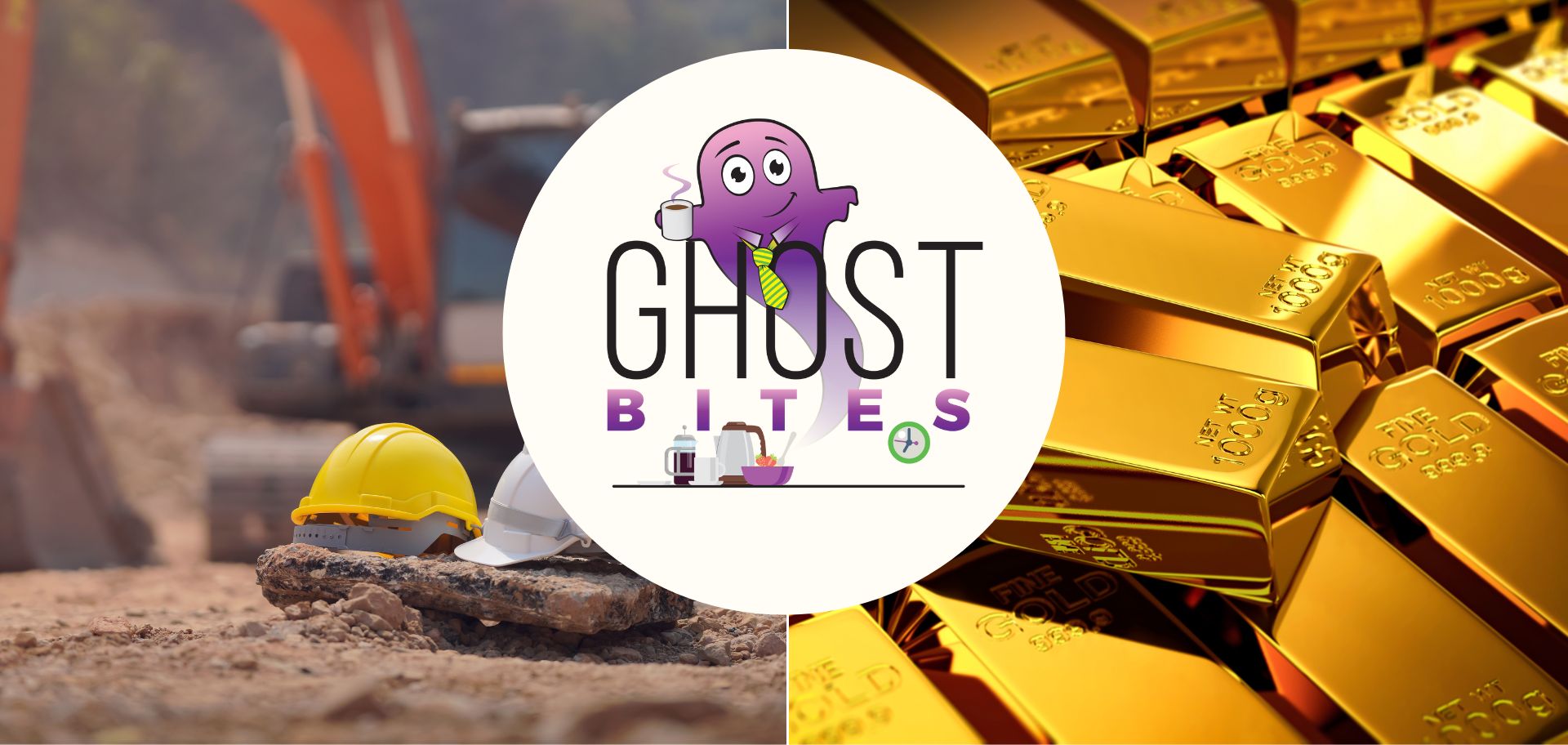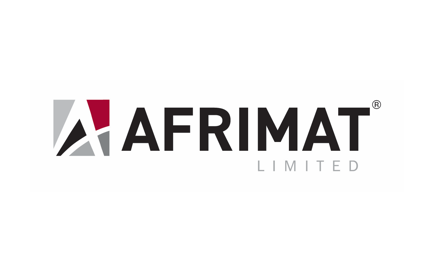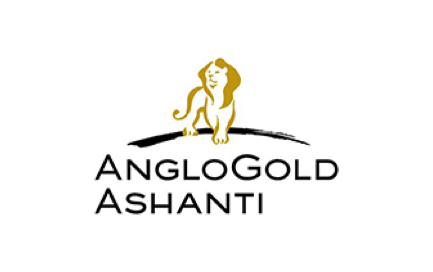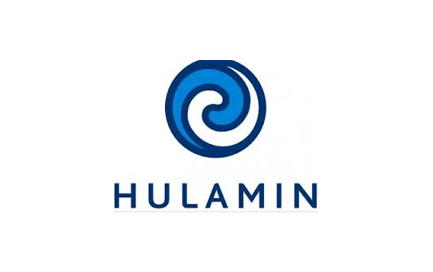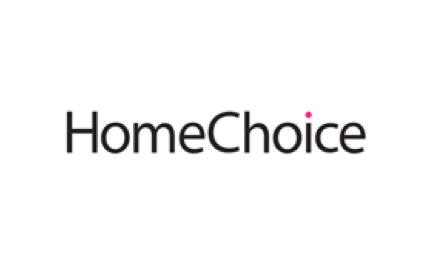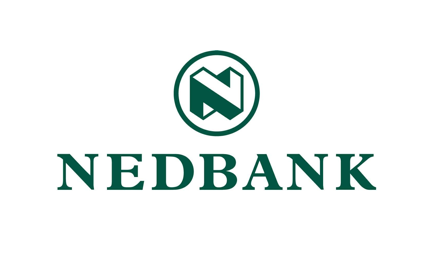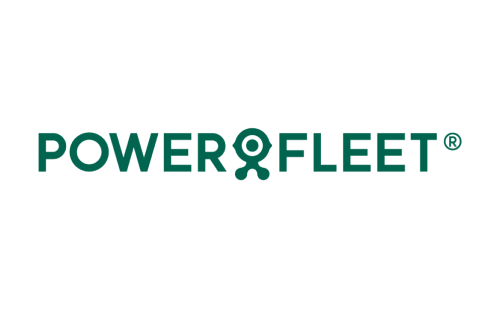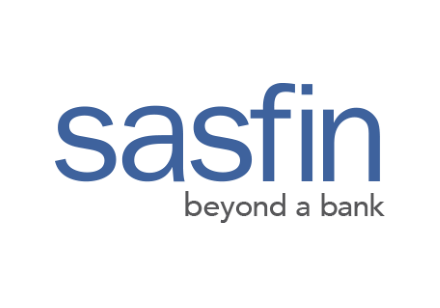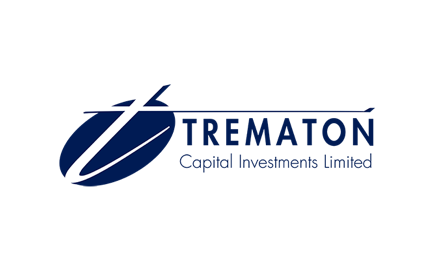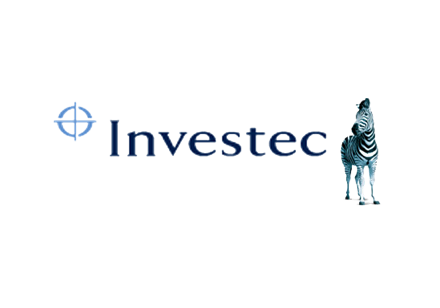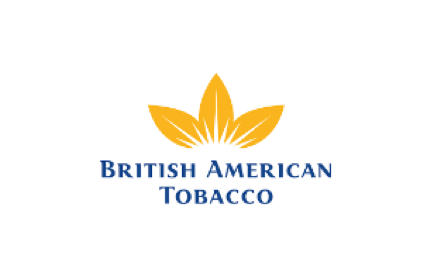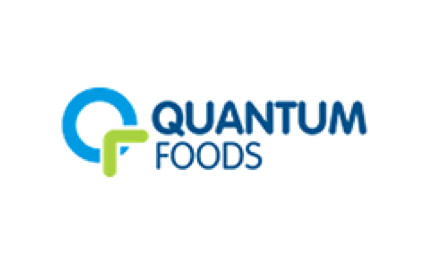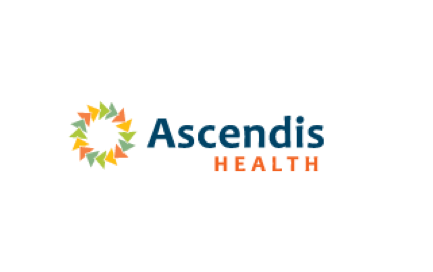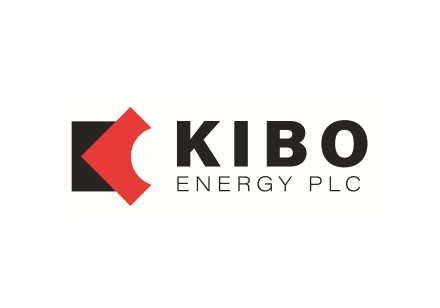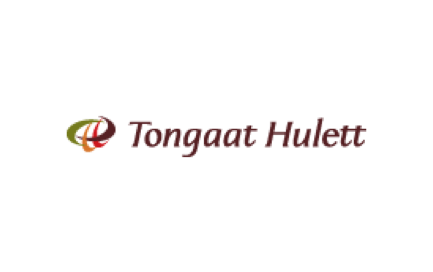Get the latest recap of JSE news in the Ghost Wrap podcast, brought to you by Mazars:
Afrimat looks ahead to a better second half (JSE: AFT)
The second quarter showed promising signs in an otherwise disappointing first half
Afrimat comes up pretty regularly as a stock pick for a GNU-inspired theme. The business update for the first half of the financial year suggests that this makes sense, as March to May was lacklustre thanks to challenges in infrastructure and ArcelorMittal’s business, while June to the first week of August saw a pick up in domestic demand and additional tender activity in infrastructure projects. In other words, the post-election period has already been stronger.
The improvement in volumes after the election won’t be enough to offset the tough start to the period, so Afrimat expects volumes to decline for the six months to August. Transnet isn’t something that can be sorted out overnight either, with volumes for the first half of the year down 20% year-on-year. This is particularly frustrating when Afrimat can still make decent margins despite the depressed prices in the international iron ore market, as Afrimat is a low cost operator.
Speaking of iron ore, local volumes were down an awful 70% in Q1 thanks to reduced volumes taken by ArcelorMittal. Importantly, Afrimat notes that Q2 saw significant improvement and that volumes to ArcelorMittal should return to normal ranges in the remainder of the financial year. That’s a pretty important read-through for the volatile ArcelorMittal share price.
The Lafarge acquisition has been a major focus for investors, with excitement around what Afrimat can do with the asset. Improvement will take time, particularly as the cement kilns have been described as “extremely unreliable” – not what anyone wants to hear. Lafarge made losses in Q1 and is expected to make losses in Q2 as well. Afrimat is working hard at turning this story around and is satisfied with the progress thus far.
Another important update is that a single super phosphate plant has been commissioned, with sales volumes for fertiliser being ramped up to achieve planned volumes of 30,000 tons by 2025. This will be a positive contributor in the 2026 financial year.
AngloGold has taken advantage of gold prices (JSE: ANG)
Production is up and cash costs per ounce are done, leading to a great outcome
AngloGold closed 6% higher on a day that was slightly green for gold counters in general. This is because the company managed to grow production by 2% year-on-year for the six months to June, with production in Brazil showing a significant turnaround. Total cash costs per ounce fell 1% year-on-year to $1,158/oz. All-in sustaining costs per ounce were only up 2% to $1,589/oz.
These are good numbers in isolation. They become really great numbers when average gold prices were roughly 13.5% higher for the period, driving a lovely outcome of adjusted EBITDA moving 65% higher. Free cash flow was an inflow of $206 million vs. an outflow of $205 million the prior year – a casual swing of more than $400 million.
Get ready for the growth in HEPS, coming in at nearly 430%! The interim dividend has followed suit, up by 450%. Talk about being rewarded for patience while AngloGold sorted out its production issues!
The momentum over the period was also very encouraging, as second quarter production was 12% higher than in the first quarter. At this stage, guidance for FY24 has been maintained.
Hulamin is being impacted by softer global markets (JSE: HLM)
Earnings have dropped for the six months to June
Hulamin had a tough start to this period, with disappointing export markets having a negative impact on the first quarter of the year. Things started to improve in the second quarter at least, with demand from export customers up to historical levels once more.
A resilient local market over the period couldn’t do enough to make up for the export market weakness, leading to a drop in earnings for the period. HEPs is down by between 13% and 21%, while normalised HEPS is down by between 36% and 41%.
To add to the difficulties, Hulamin suffered a fire in June that impacted a line that produces export products. Plant repairs are expected to be completed by 15 September and the company is comprehensively insured for asset replacement and business interruption.
HomeChoice has highlighted significant earnings growth (JSE: HIL)
Detailed earnings are a couple of weeks away
HomeChoice has released a trading statement dealing with the six months ended June. The great news is that HEPS will be up by between 25% and 45%, coming in at between 179.6 cents and 208.4 cents.
The even better news is that this comes after two years of practically identical interim HEPS of 144.8 cents in 2022 and 143.7 cents in 2023. Finally, there’s some growth.
Detailed results are due for release on 18 August.
Nedbank achieves double digit growth in HEPS (JSE: NED)
Results are out for the six months to June
Nedbank closed 4% higher on the day of results, which tells you that the market liked them. Things mostly went in the right direction, with revenue up by 4% and headline earnings up by 8%. By the time we view it on a per-share basis in the form of HEPS, the increase is 11%. A double-digit increase is nothing to feel upset about.
The dividend has increased by a similar percentage, up 11.5% to 971 cents per share.
When these numbers are combined with the most increase in net asset value per share of 2%, there’s a solid outcome for shareholders in terms of total return.
One area for criticism is the cost-to-income ratio, which has moved higher from 52.9% to 55.3%. Lower is better here, with Nedbank struggling to keep expense growth below income growth. Nedbank Africa and Nedbank Wealth were the culprits here, with income under pressure (flat in Wealth and down in Africa) and expenses moving higher in both businesses.
Despite the pressure on cost-to-income, HEPS came out alright thanks to the group credit loss ratio moving significantly lower from 124 basis points to 104 basis points. It also strongly helped that both Corporate and Investment Banking and Retail and Business Banking both reported a strong uplift in earnings.
Return on equity, a key metric for banks, improved from 14.2% to 15.0%. They aim to get this up to 17% by 2025, which won’t be easy.
In case you’re wondering, Nedbank expects the prime rate in South Africa to decrease by 50bps to 11.25% by the end of the year.
These are great numbers for Jason Quinn to present to the market for the first time as CEO of the bank. He will certainly hope that the momentum continues. Keep an eye out for improvement in Wealth and Africa as two areas that need to get better.
Nedbank has placed the full results in Ghost Mail, available at this link.
Powerfleet’s earnings will be late, but they’ve released what they can (JSE: PWR)
The SEC is asking questions about the accounting for the merger with MiX Telematics
Powerfleet intended to host its earnings call for the quarter ended June 2024 on August 8th. This isn’t going to happen anymore, as the SEC sent a “comment letter” to the company asking for additional information regarding Powerfleet’s determination of the account acquirer in the recent deal with MiX Telematics. This is a technical accounting debate that doesn’t impact cash flows.
Although earnings are delayed, Powerfleet has noted that revenue for the quarter should be up 10% vs. the combined revenue of the two companies in the comparable period. Importantly, pro-forma adjusted GAAP will be up 40% on the same basis. I treat adjusted GAAP numbers with great caution, as US companies are absolute experts at turning GAAP losses into non-GAAP profits with things like share-based payments.
Indeed, there is a net loss attributable to shareholders of $23 million, although this also includes once-off restructuring and deal costs.
Perhaps most importantly, revenue and adjusted EBITDA for the full year are expected to exceed previous guidance of $300 million and $60 million respectively, although they don’t indicate by how much.
A bloody nose for Sasfin (JSE: SFN)
The Prudential Authority has fined the bank R160.6 million for historical non-compliance
There’s a lot going on at Sasfin. First, let’s do the good news. The disposal of Capital Equipment Finance and Commercial Property Finance to African Bank has received final regulatory approvals, which means that the R3.25 billion deal will go ahead.
Sadly, some of this money looks set to go directly to a fine of R160.6 million that has been imposed by the Prudential Authority of the SARB for historical non-compliance in the foreign exchange business. The total fine is actually just under R210 million, but R49 million has been suspended. Sasfin is taking legal advice around potential reviews or appeals of this sanction.
And of course, there’s the offer by WIPHOLD, Unitas and Sasfin Wealth to shareholders of Sasfin. It’s an odd one, as the success of the transaction is based on only a certain portion of shareholders accepting the offer. I’m not holding my breath for that to happen.
Trematon is diluting its stake in GenX (JSE: TMT)
Now we know why the company has been trading under a cautionary
Trematon has announced that an offshore investor, Dr Khamis Obaid Mubarak Al Ajmi, will be adding a 60% stake in GenX to his portfolio of school operations in Qatar and Oman. Trematon currently has an indirect 75.8% interest in GenEx and this will drop to 30.3%.
GenEx is a startup business that is part of the Generation Education Group and focused on delivering an edu-tech platform. The company lost R8.1 million in the year ended August, so this is a classic example of a sub-scale startup.
The deal takes the form of an investment of $3 million in GenX by the investor, with the proceeds used to expand GenEx to the Middle East and United Kingdom, alongside further growth in South Africa. That should do wonders for the sub-scale problem.
This is a Category 2 transaction, so shareholders won’t be asked to vote on it.
Little Bites:
- Director dealings:
- Although one must be careful in reading too much into the sale of vested shares, it’s interesting to note that Stephen Koseff and an associate sold shares in Investec (JSE: INL | JSE: INP) worth just over R3 million. It’s not clear whether this only relates to the taxable portion, hence why I’ve included it.
- Various directors and senior managers of British American Tobacco (JSE: BTI) reinvested dividend income into shares in the company worth nearly £120k.
- Under immense pressure from Country Bird Holdings to call a meeting, Quantum Foods (JSE: QFH) has announced that the shareholders’ meeting will be held electronically on Wednesday 11th September. An electronic meeting tends to be a good way to squash some of the dialogue that might otherwise happen, so I would’ve been happier to see an in-person meeting being called. The agenda is the proposed removal of the chairman, lead independent director and newly appointed independent director. The drama is coming soon!
- Grand Parade Investments (JSE: GPL) announced a B-BBEE deal that will see the GPI Women’s BBBEE Empowerment Trust acquire shares worth R28.2 million from a GPI subsidiary. The deal will be funded by a capital contribution from a subsidiary of GPI. The way the accounting works is that these are treasury shares before and after the deal. They still need shareholder approval though and a circular has been issued accordingly.
- Ascendis Health (JSE: ASC) announced that Lihle Mbele has been appointed as interim CFO. She is currently the Group Head of Finance at the company.
- Though it hardly matters when the share price is R0.01 and Kibo Energy (JSE: KBO) is suspended from trading, be aware that the company has settled various creditors through the issuance of shares.
- Tongaat Hulett (JSE: TON) reminded the market that the meeting to vote on the equity subscription as part of the business rescue plan is scheduled for Thursday 8 August. Will there be a final twist in this tale?

